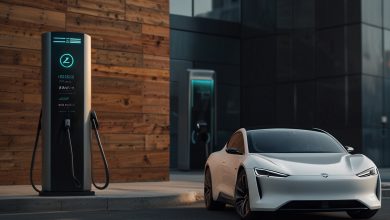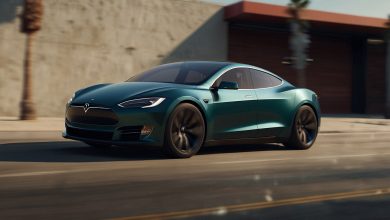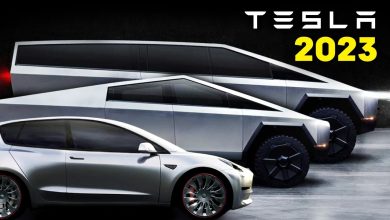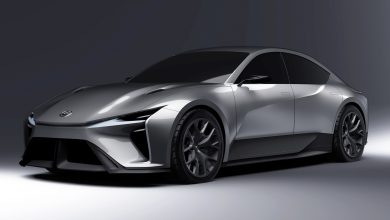Information About Electric Cars
Information about electric cars
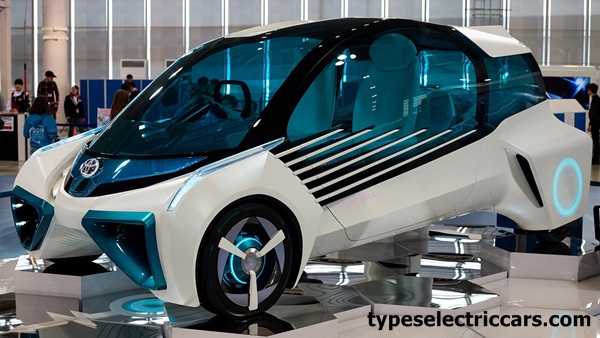
Information about electric cars are cars that use an electric motor to drive them, as the engine is powered by batteries and these batteries are charged at charging stations, and these cars do not produce any harmful emissions to the environment, as electric cars preceded diesel and gasoline cars for years many.
The history of electric cars
- Between 1832 and 1839 Scottish inventor Robert Anderson invented the first electric car.
- making this type of car successful until 1913.
- That’s when an American car company invented the electric starter in internal combustion engines.
- which led to the demise of electric cars.
- Subsequently, electric cars were developed.
- The ownership of these cars increased from 1,607 in 1992 to 55,852 in 2004.
How electric cars work
- Electric cars are similar to conventional cars in terms of external appearance.
- the presence of similar bodies, and interior designs.
- However, this type of electric car differs from conventional cars in terms of the basic parts.
- which are the energy storage unit, the control unit, and the drive unit.
- The energy is usually stored in a high-end battery, the most common of which is the bulk chemical battery.
- The control unit is the basis of these cars as it regulates the operation and propulsion of the car as well as converting alternating current into direct current power.
- And The propulsion unit converts this energy into physical motion to act as an electric motor.
- These cars differ from each other and the difference is in terms of the three main components.
- For example, an electric motor in a car could be at the back instead of at the front.
- and it could be many electric motors.
- Energy may be stored in bulky lithium-ion or lead-acid batteries.
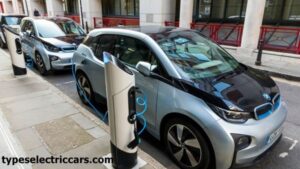
Features of electric cars
- In light of the rapid development of the automotive industry.
- the production of environmentally friendly cars that run on electricity instead of petroleum derivatives.
- cars that run on electricity have been produced.
- Where electric cars have many advantages and this is what distinguishes them from other traditional cars, and in what follows these features.
Charging the electric car:
The electric car can be charged at home without the need to go to the gas station or charging station these cars.
The distance covered by a single charge:
- The new electric car can travel 200 km on a single charge.
- Some hybrid cars can also travel 40-80 kilometers on electricity.
- The distance an electric vehicle travels depends on the battery size, vehicle weight, and temperature, as well as the driver’s driving style.
- The cost of charging an electric car: The cost of charging an electric car at charging stations is less than the cost of what petrol cars spend.
- The average annual charging of an electric vehicle is $530, while the average filling of fuel is approximately $2,500 per year.

